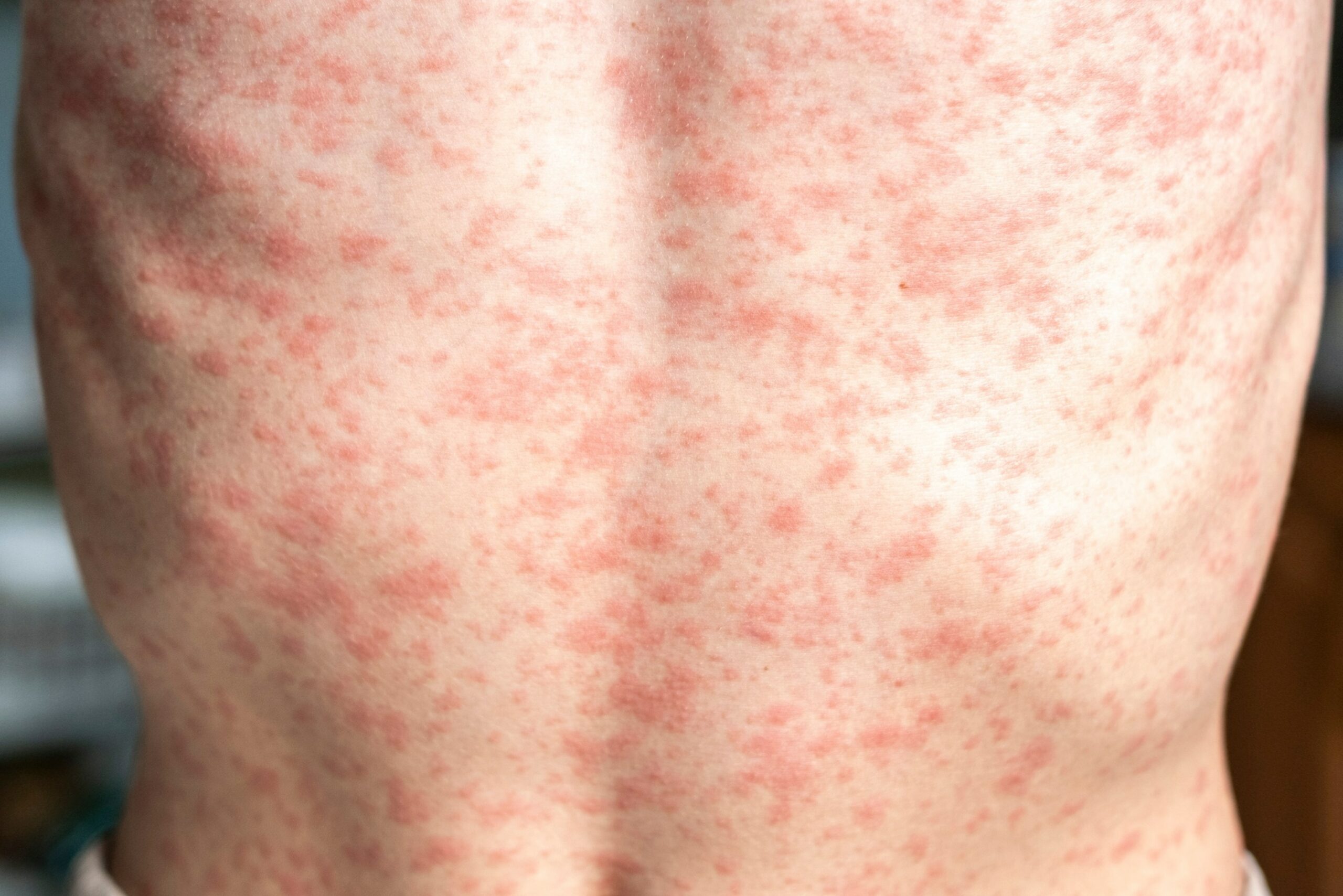Elder health is a multifaceted subject that often evokes various concerns, especially in the context of infectious diseases like measles. While many people associate measles primarily with children, it is crucial to unravel the complexities surrounding this disease and its implications for the elderly population. Can an elderly person get measles? This question demands exploration, not only delving into the mechanics of the disease itself but also considering the unique vulnerabilities that older adults may face.
To understand the risk of measles in the elderly, we first need to comprehend what measles is. An airborne viral infection, measles is highly contagious, with a transmission rate higher than that of many other diseases. The virus can linger in the air for up to two hours after an infected person has left the area, making it exceptionally easy to spread. Symptoms typically manifest 10 to 14 days after infection, beginning with a high fever, cough, runny nose, and red eyes, followed by a characteristic rash. While measles is commonly identified with childhood, the elderly do not enjoy a complete immunity.
One of the most significant factors impacting older adults’ vulnerability to measles is the concept of herd immunity. Herd immunity occurs when a large part of a community becomes immune to a disease, making its spread unlikely. Vaccination is a critical component in achieving herd immunity. Unfortunately, vaccination rates can vary significantly among older adults, particularly those born before the 1960s when the measles vaccine was not widely available. Consequently, this group may lack the immunologic defenses required to fend off the virus effectively.
Furthermore, age-related immunosenescence – the gradual decline of the immune system – plays a crucial role in susceptibility. As individuals age, their immune responses become less robust. This decline does not simply render them more susceptible to the common cold; it also heightens their vulnerability to other infectious diseases that they might have been able to combat successfully in their youth. Thus, an elderly person can indeed contract measles, especially if they were not vaccinated or have never contracted the disease before.
Another significant point of consideration is the comorbidities that many older adults experience. Conditions such as diabetes, heart disease, and chronic respiratory disorders can exacerbate the effects of measles, leading to complications. Pneumonia, one of the most severe complications associated with measles, can become a life-threatening condition for the elderly. The risk of hospitalization significantly increases for those above the age of 65, and it is often the case that recovery can be prolonged, leading to further health deterioration during such episodes.
So, how can elderly individuals and their caretakers protect against measles? Immunization stands out as the premier method of prevention. The measles, mumps, and rubella (MMR) vaccine is generally advised for individuals who have not previously received it or who have no documented history of measles infection. For older adults, it is advisable to consult healthcare providers about vaccination, especially if they have been significantly exposed to this infectious disease recently or if a measles outbreak has been reported in their community.
Additionally, awareness of measles signs and symptoms is vital. Educating family members and caregivers on what to watch for can pave the way for prompt action. Timely medical intervention can mitigate the risk of severe complications. If there’s any suspicion that an elderly individual has been exposed to measles, it is essential to seek medical care immediately. Early diagnosis and confirmation through laboratory tests can enhance treatment options available to the individual. Furthermore, supportive care is vital; keeping the patient hydrated and monitored can significantly improve their overall prognosis.
Importantly, lifestyle modifications can also serve as a supportive layer in preventing infections. A balanced diet rich in vitamins and minerals can bolster immune function. Regular physical activities, when feasible, can enhance health and resilience against infections. Moreover, maintaining a clean and secure environment can also play a role in decreasing the risk of exposure to infectious agents.
In conclusion, while measles is predominantly associated with childhood, the implications of this disease for elder health cannot be overlooked. The risk is real, and the consequences may be dire. As the elderly population continues to grow, particularly among those with variable vaccination histories and existing health concerns, vigilance, education, and proactive measures are paramount. It is crucial to foster an understanding of the importance of vaccination and the recognition of symptoms. The communal responsibility lies in protecting our elder populations from preventable diseases like measles, reaffirming the notion that health knows no age and that prevention is always better than cure.
